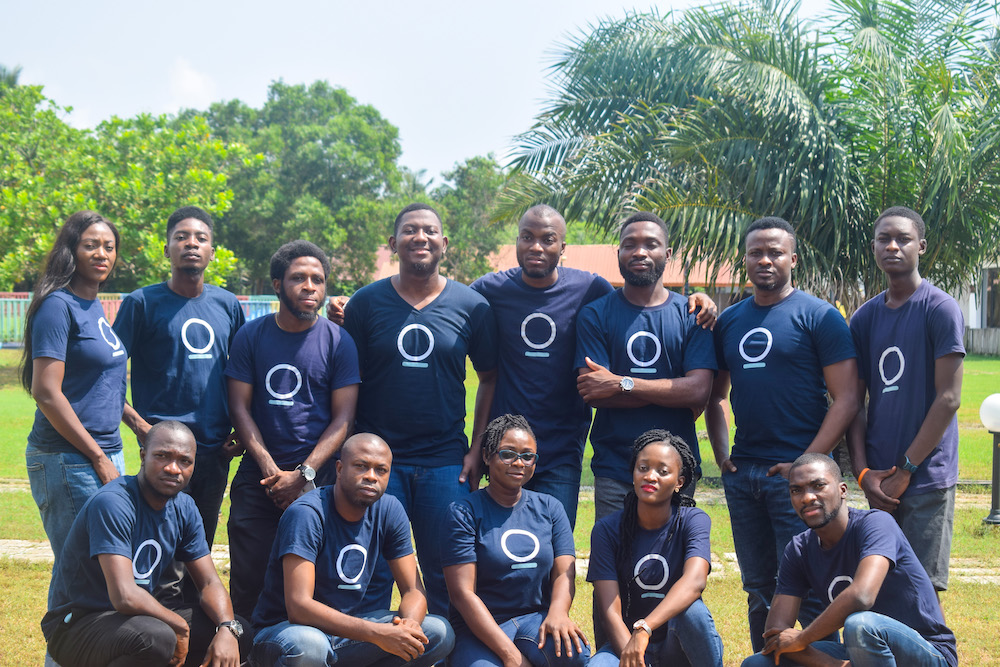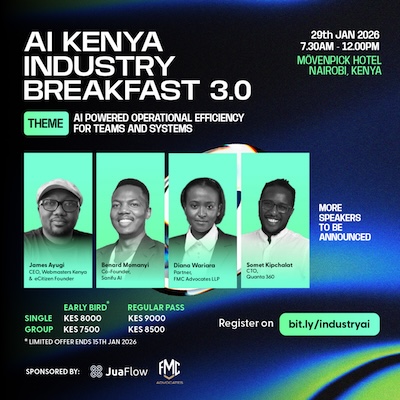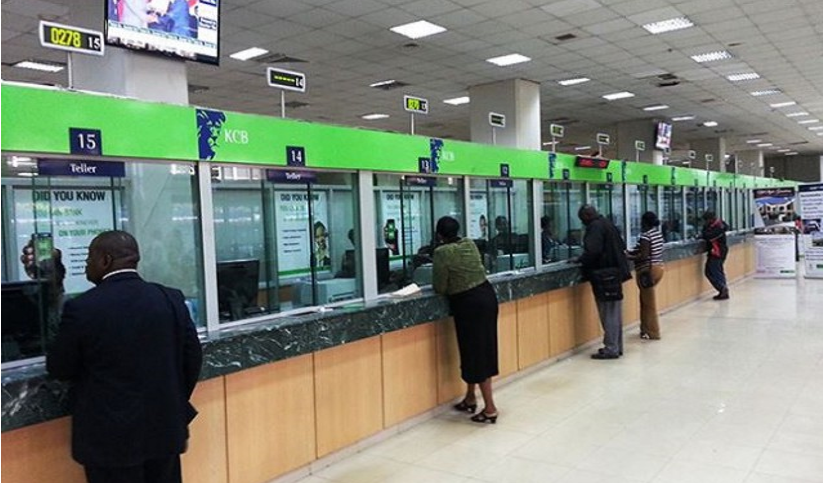
The African fintech space has been growing rapidly in Africa over the last few years.
Fintech generally refers to companies that use technology to improve products and services, processes, or business models within the finance industry. If you’ve ever paid for something with your phone, transferred money with an app, or checked your bank statement online, you’ve used fintech.
Fintech startups in the region have taken a lead in developing solutions that are disrupting traditional financial services.
In this interview, I speak to Femi Apesin, the Head of Growth and Marketing at OnePipe, a Nigerian startup that has raised almost US$1 million in a pre-seed round with a plan to make API integration seamless for banks and fintech companies.
Nigeria is combating the problem of reaching the underserved populations locked out of the financial ecosystem due to cost and lack of access to services by introducing Open Banking. Startups like OnePipe basic service involves aggregating APIs from multiple entities into one gateway, simplifying the process of integrating APIs from multiple business partners on a one-by-one basis. It is already providing banking information to more than 20 banks and fintech companies in Nigeria.

Kindly introduce yourself and your role at OnePipe
I am Femi and I lead Growth & Marketing at OnePipe.
You are an API fintech startup, and what you basically do is aggregate APIs from banks and fintechs. Tell us about this.
We started out aggregating APIs and making them easy to use for innovators, what this achieved is a significant reduction of implementation, partnership, and regulation hoops startups and other businesses have to jump through before launching their solutions.
However, we have since built on that to offer more value propositions as products on top of the initial offering.
We are currently helping cross-industry organizations embed financial services like accounts, improved payments, and credit within their products and I must say it’s a lot of fun as lots of organizations see that they can also participate in the fintech economy without doing any “heavy lifting”.
API fintech startups like yours have been receiving a lot of attention in recent years. Same with other fintech startups. In fact, Disrupt Africa’s African Tech Startups Funding Report 2020 placed fintech as the most-backed of all the tech sectors on the continent. Why is this the case?
Africa boasts of a large, fairly young, digitally savvy population and an ever-growing mobile internet usage, unicorns like Interswitch, Fawry, Chipper Cash, Flutterwave and Opay serving this population all validate the thesis of Africa being a very viable investment ground for fintech.
Furthermore, recent years have witnessed incumbents (banks, etc) in the financial sectors prioritizing digital transformation and this has helped innovation significantly in the fintech space.
Also, the challenge of the growing number of financially underserved Africans presents an opportunity to innovators to build the next unicorn while solving this problem
In my opinion, these factors (among others) continue to position the African fintech as a sector worth exploring for investors, innovators, and value creators
The African fintech space, and the Nigerian market, in particular, has been all the rage in the last few months with startups like yours raising funding, some being acquired. How would you describe this space and what opportunities do you see for you as OnePipe?
For OnePipe specifically, as we continue the drive to help more businesses embed or launch financial services, we believe we will evolve to become a critical piece of the infrastructure for the market as a whole.
Everyone agrees that across Africa, there’s an infrastructure gap (across many sectors). OnePipe is well-positioned to bridge that gap for financial services at least.
Let’s talk about Nigeria. With a population of more than 200M people, it’s one of those African countries that’s combating the problem of reaching the underserved population locked out of the financial ecosystem due to cost and lack of access to services. How is OnePipe helping address this?
At OnePipe we strongly believe that, like retail, financial services ought to be distributed. In other words, entities that these underserved population engage with on a daily basis ought to be empowered to deliver financial services to them.
Our partnerships with supportive banking partners helps us leverage our infrastructure to work with these entities to embed financial services within their primary offerings. We have seen an interesting uptake of the embedded banking proposition among agriculture unions, offline micro – lenders etc.
Your OnePipe gateway cuts resources spent managing multiple integrations. Who are some of the clients you work with both in Nigeria and across the continent?
On the supply side, we have a number of forward-looking, digitally savvy banks and fintechs and on the demand side we have quite a lot of innovators and value creators from different sectors.
OnePipe has raised almost US$1 million in a pre-seed round. What does this mean for you as a fintech startup and what plans do you have for the African market?
We are positive we have found a wedge in the market and the funds raised will be deployed to double down on these use-cases. We are firmly on the path to do well enough to create significant value for our customers, partners, and investors
You also recently partnered with Kudi, a payments service company to provide financial access to millions of customers in underserved areas of Nigeria. Tell us about this partnership.
This is an exciting one for us, as I earlier mentioned, we strongly believe that financial services ought to be distributed and our partnership with Kudi is an expression of this belief; leveraging Kudi’s fast growing thousands of agents spread across the country, we will be working with Kudi to provide additional, bespoke value (in addition to Kudi’s core payment offerings) to the teeming millions of underserved Nigerians.
Other than building APIs, are there any other fintech products you’re looking to venture into?
We have a number of interesting offerings “up our sleeve”, but for now, the priority is to drive embedded financial services.
Any closing remarks?
In the words of Malcolm X “When ‘I’ is replaced with ‘We’, even illness becomes wellness.” I am of the opinion that prioritizing collaboration over competition is what will unlock the vast opportunities inherent in Africa’s API-fintech sector.
Follow us on Telegram, Twitter, Facebook, or subscribe to our weekly newsletter to ensure you don’t miss out on any future updates. Send tips to info@techtrendske.co.ke



